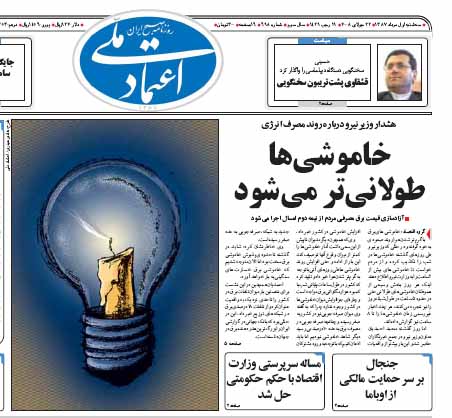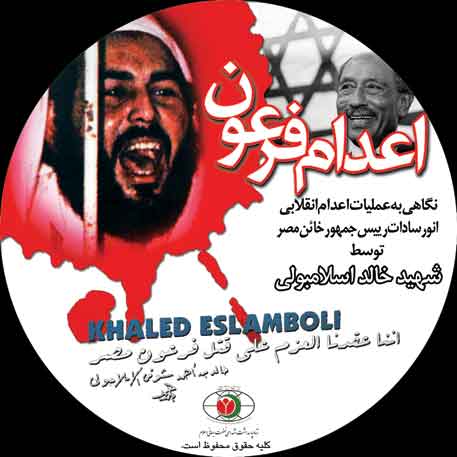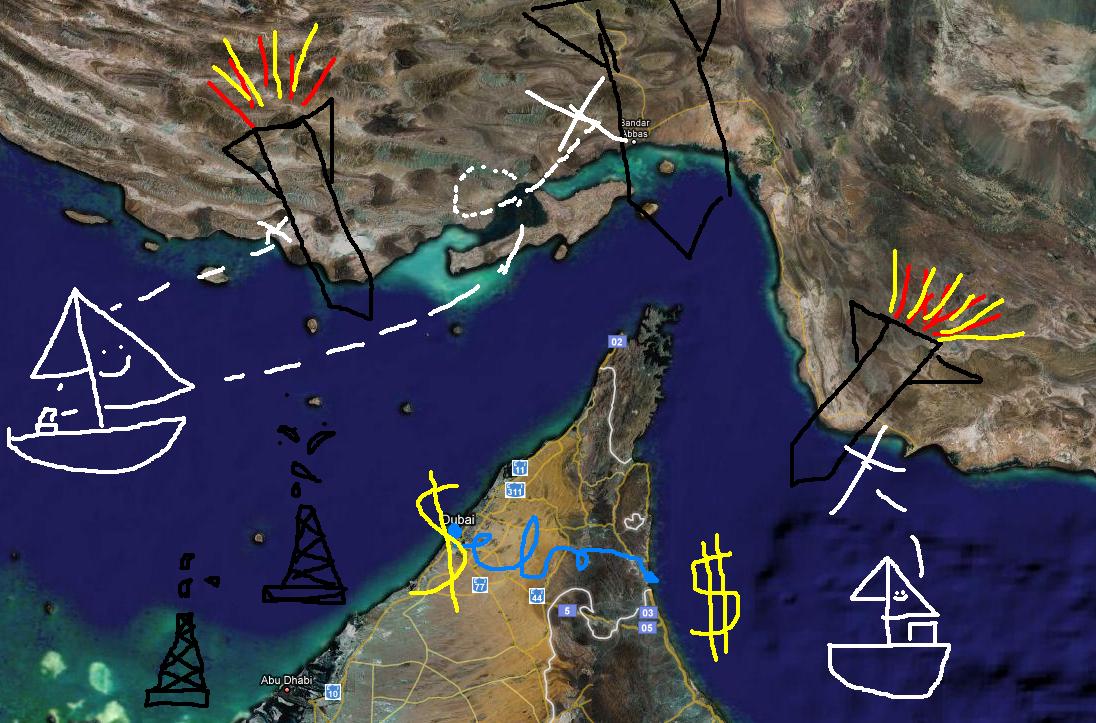Egypt and Iran: Diplomacy and documentary
For the last few months, we’ve been hearing about an imminent reconciliation between Cairo and Tehran. Ahmadinejad and Mubarak had pledged to swap full ambassadors, and diplomats had agreed to a renaming of the street in Tehran named after Anwar Sadat’s assassin, Khaled Eslamboli. For those of you updating your Open Streetmaps, its now called Intifada Street.
Then two weeks ago, news breaks of an Iranian documentary called “Execution of a Pharaoh” which portrays Sadat as a tyrant, vilifies him for signing Camp David, and carries a dedication to the “soul of the martyr Captain Ahmad Shuqi Khaled Eslamboli and his fellow warriors.”The film, produced by the “Cultural Committee for Commemorating Martyrs of the Global Islamic Movement” is now up on YouTube.Here’s part 1:
[youtube=http://www.youtube.com/watch?v=Pd4TiJ6HG2M]
The one tiny detail left out of English language coverage of this story is that the documentary was produced in Arabic not Farsi, which gives a much clearer idea that it was aimed at Arab audiences.
And its audience, evidently, was not pleased. Online article comments sections were flooded with negative comments, and the state press and TV were all over the story. Egypt summoned the Iranian Charge d’Affairs for a chewing out, canceled a soccer match with Iran, while an Iranian source was quoted in Al Ahram Weekly as saying, “the significance of the issue of the film is that it confirms the worries of some Egyptian officials who complain that Iran has multi centres of decisions, which makes negotiations difficult.”
This week there is news that the editor of the Egyptian NDP mouthpiece Al-Watani Al-Youm will produce a documentary titled “Imam of Blood” smearing Khomeini. The AP is also reporting that the Cairo offices of the Iranian-backed Arabic satellite channel Al-Alam have been shut.
Not 100% sure what to make of it yet, but I wanted to pull together what I’ve got so far. Since all films made in Iran must, officially, go through the Supreme Leader-linked Ershad Ministry, the government at some point put a stamp of approval on the film. Keep in mind that it has been Ahmadinejad – not Khamenei – who has been calling loudest for revival of ties with Egypt. So perhaps in Iran we have a President/ Supreme Leader division on the subject.
Egypt’s government, for sure, has decided to make a big deal of this. Is it simply officials having second thoughts about reviving diplomacy with Tehran’s “multiple power centers” or is there something else, maybe pressure from Washington, involved? From the looks of it, the Sadat film did seem to create a popular backlash, but it seemed like a popular backlash the government was keen to stoke.
I don’t think we’ll see IranAir flying to Cairo anytime soon.
UPDATE: This video has proved not legit, or at least not what it was purported to be. (Thanks Zeinobia). Actually I think this makes the story much more interesting. More on this in a few days.



